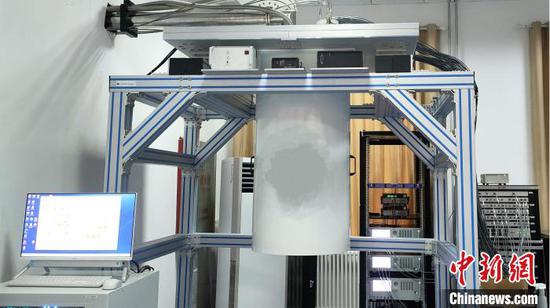
A dilution refrigerator, a device that can provide an ultra-low temperature environment close to absolute 0 C for superconducting quantum computer chips. (Photo/China News Service)
China has started mass production of a dilution refrigerator, a device that can provide an ultra-low temperature environment close to absolute 0 C for superconducting quantum computer chips, in a major breakthrough amid foreign technological blockades, scientists said on Tuesday.
The dilution refrigerator, called "EZ-Q Fridge," boasts rapid and stable cooling capability. Following high performance in trials, deliveries began in the second quarter of 2023, Wang Zhehui, who is in charge of the research team behind the refrigerator, told the Global Times in an exclusive interview on Tuesday.
It has reported positive operating indicators and reached the international advanced level in the sector, which marks a major step in China's technological development.
Despite the technical challenges brought by the Western countries' technological blockade against China in this field, researchers from the Anhui Quantum Computing Engineering Research Center and QuantumCTek Corp, a Chinese pioneer in providing quantum communication-based encrypted services and devices, have independently developed the country's first-ever dilution refrigerator that is commercially available to customers for cooling down superconducting quantum computer chips.
Wang told the Global Times that the EZ-Q Fridge is competitive in terms of cooling efficacy, and it has shown good technical strength during actual operation.
After years of technical research and experimental testing, the equipment can deliver a consistently ultra-low temperature and ultra-quiet environment for quantum chips, down to levels as low as 10mK, Wang explained.
"A dilution refrigerator is designed to meet the requirements of superconducting quantum computing experiments by cooling the chips inside the quantum computer to ensure its normal operation," Wang said, adding that for years, international manufacturers from Finland, the UK, and the US have been the leaders in this field, and exports to China of various necessary components have been restricted.
The team has also been participating in a quantum computing experiment for the superconducting quantum computer called "Zu Chongzhi."
Currently, the dilution refrigerators used for Zu Chongzhi are all made in Finland, Wang said, adding that the "Made in China" equipment might yet be able to outperform Western brands and take the lead in the global dilution refrigerator market. "We are working hard to achieve that goal. And we are confident about it!"
Next, the team will work with more users from universities and research institutes to carry out research and development of quantum computing software and hardware, and jointly promote cutting-edge technological breakthroughs.
"Meanwhile, we will step up efforts to increase our production capacity in a bid to meet domestic scientific research needs, and, more importantly, to allow Chinese homegrown equipment to go global," Wang said.








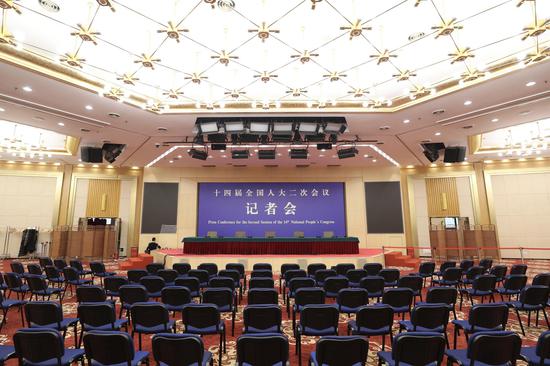

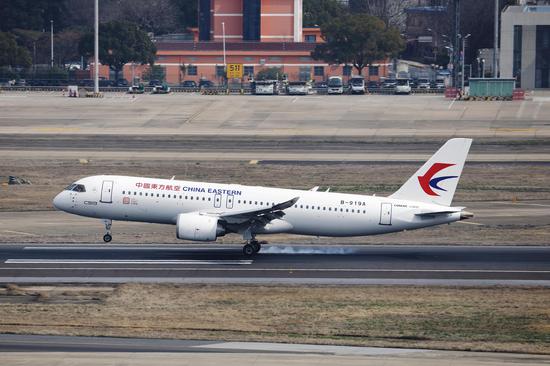
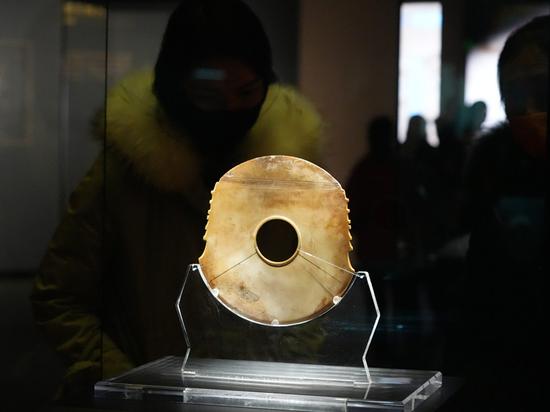


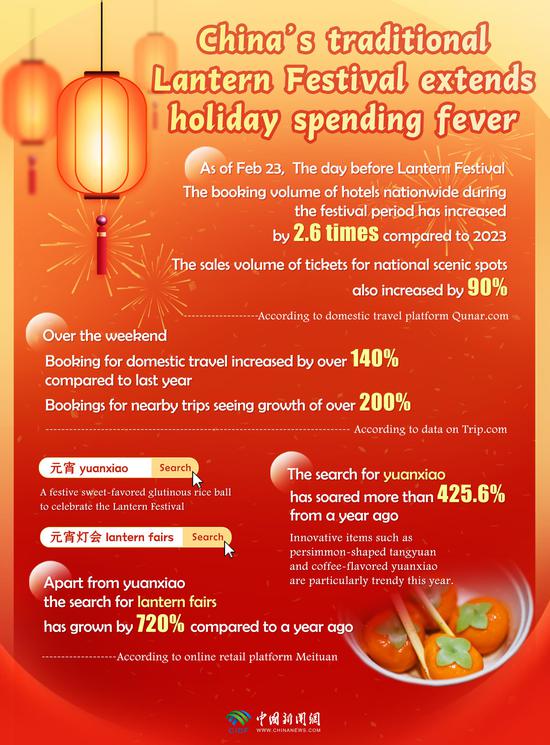
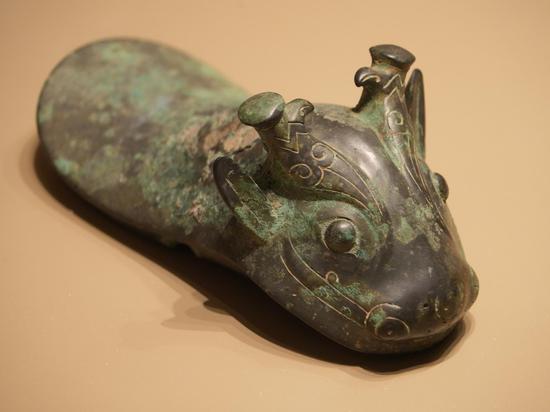
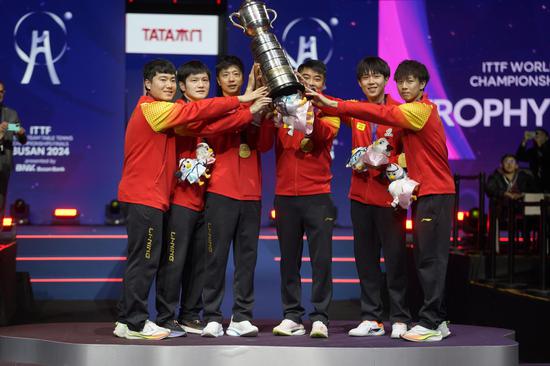

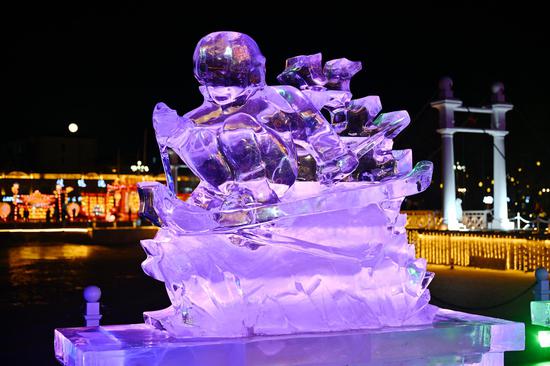






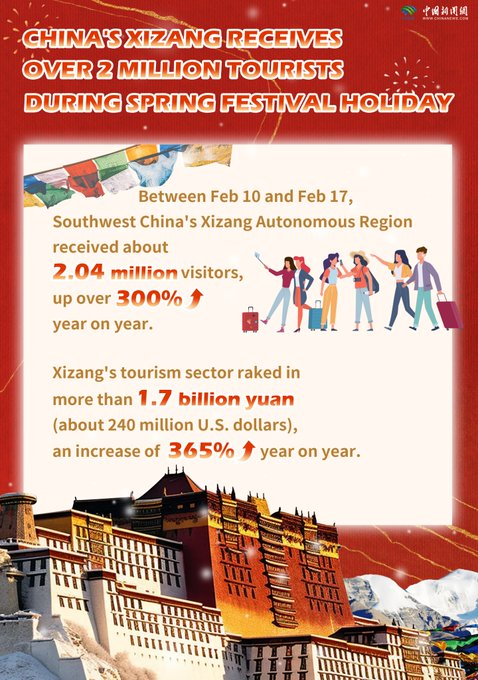
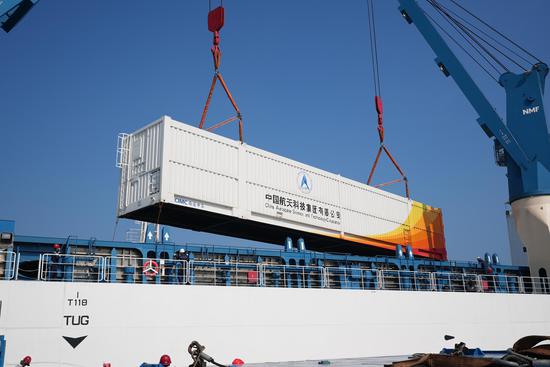





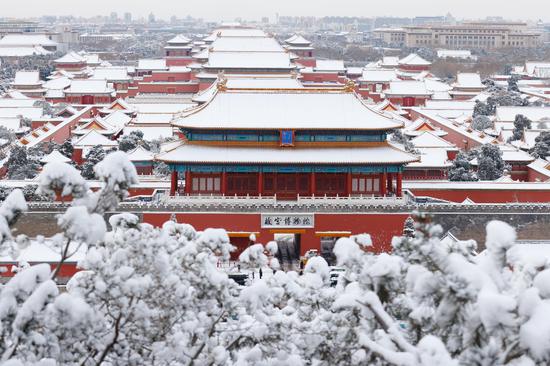



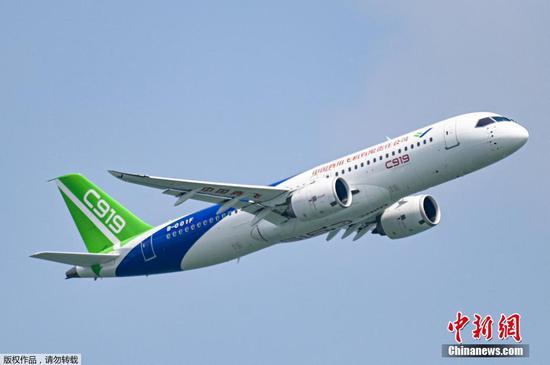

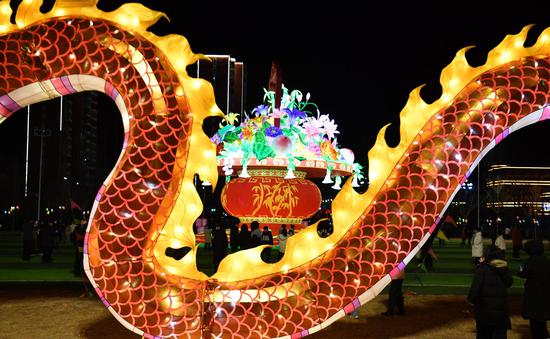

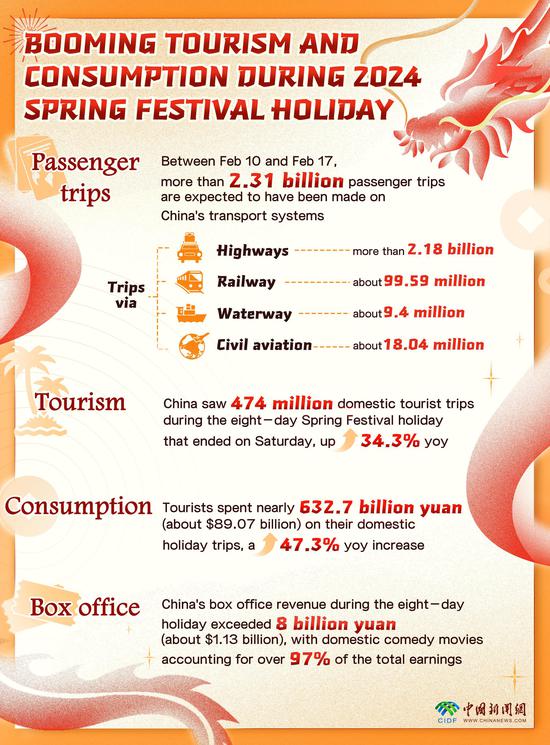









 京公网安备 11010202009201号
京公网安备 11010202009201号